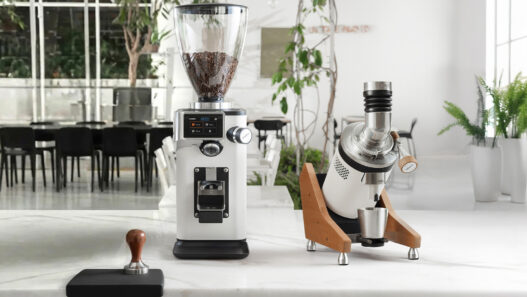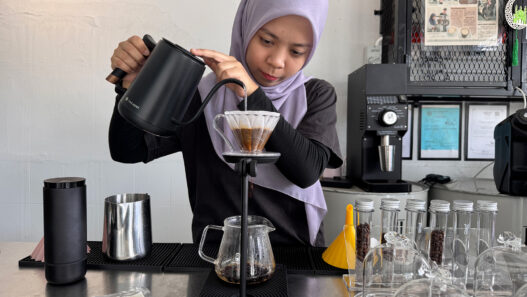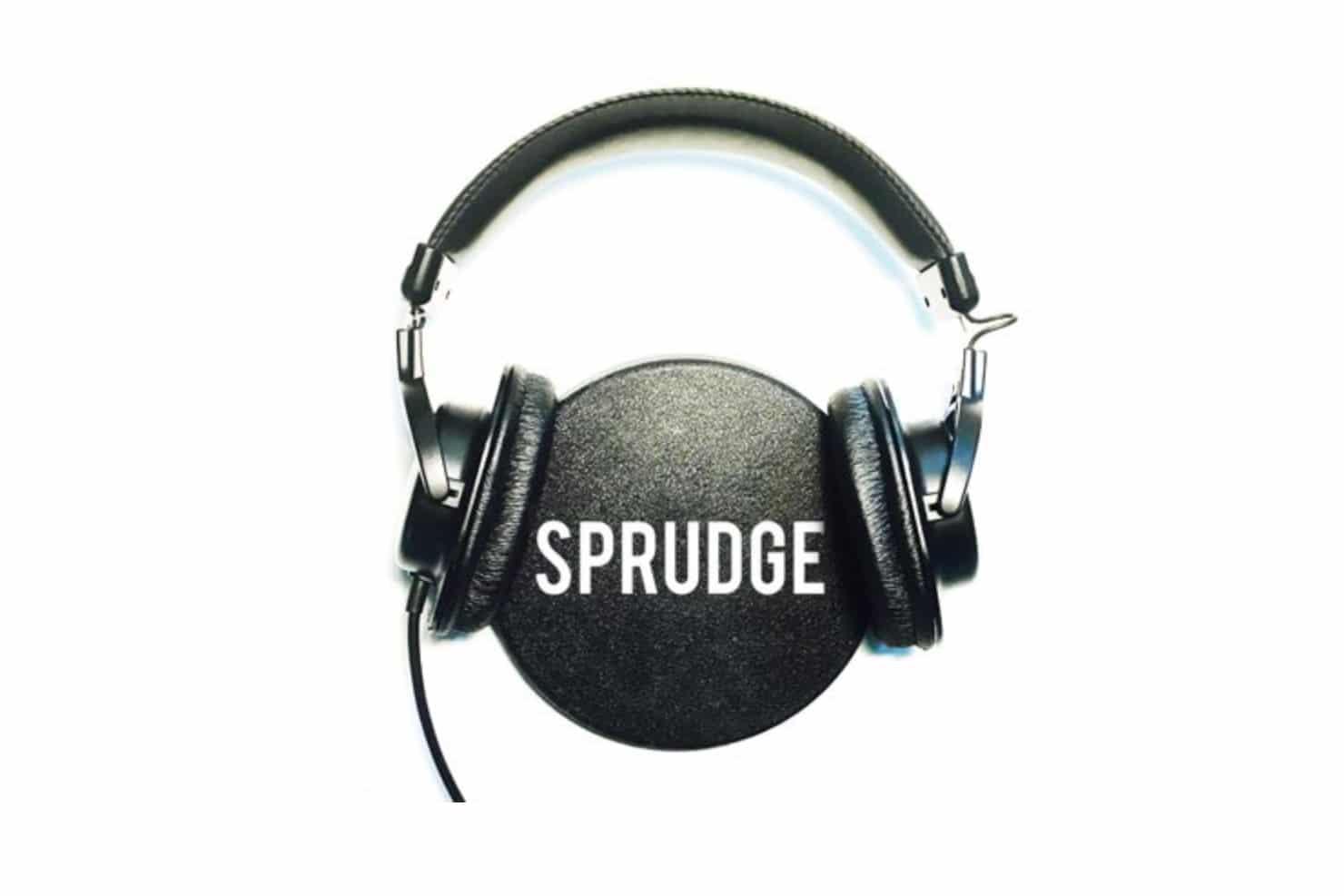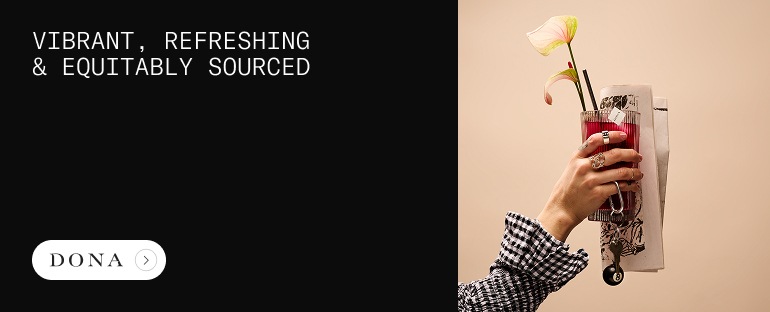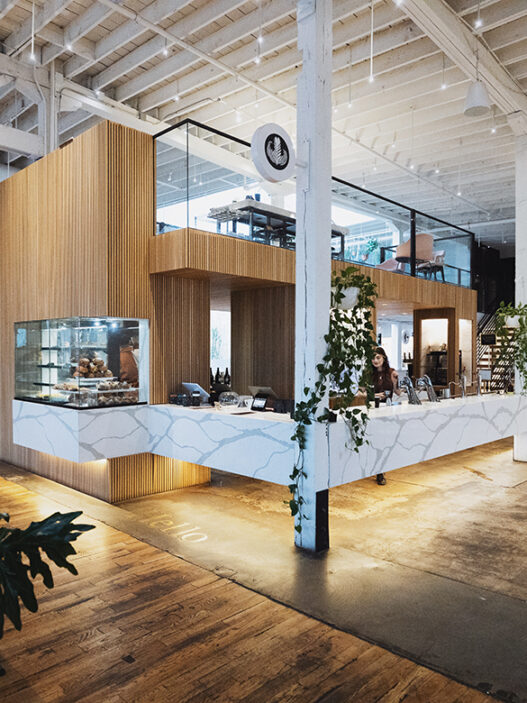There have been quite a few studies to come out recently showing that regular coffee consumption is linked to better aging, fewer instances of frailty, and overall better health in the later stages of life. And there’s an expansive new study focusing specifically on the effects coffee consumption has on women as they age. Turns out, yep, drinking coffee is still beneficial.
As reported by News Medical, the latest findings were presented over the weekend at Nutrition 2025, the American Society for Nutrition’s flagship annual meeting. Led by Dr. Sara Mahdavi, a post-doctoral fellow at Harvard University and adjunct professor at the University of Toronto, the findings relied on data from the Nurses’ Health Study, tracking over 47,000 women over the course of 30 years. Throughout the study, participants were asked to fill out validated food questionnaires to determine their caffeine intake levels as well as its source.
After accounting for other factors that may influence health, including “body weight, smoking, alcohol use, physical activity, education level, and protein in the diet,” individuals were assessed for healthy aging, which is described as “living to age 70 or older, being free from 11 major chronic diseases, maintaining physical function, having good mental health, exhibiting no cognitive impairment, and showing no memory complaints.”
Of the 3,706 women who met these requirements, they all consumed an average of 315mg caffeine daily during mid-life (between the ages of 45 and 60), with more than 80% of it coming from coffee. Specifically, they found that each extra cup of coffee a day was linked to a 2–5% increase in healthy aging, up to five small, eight-ounce cups, or 2.5 large cups. Meanwhile soda, another major caffeine source, was linked with a 20–26% decrease in the changes of healthy aging per serving.
Decaffeinated coffee and tea were not associated with healthy aging in any significant way.
These findings suggest that caffeinated coffee specifically holds some key to healthy aging in women. But the relationship between healthfulness and caffeinated coffee is a complex one, especially for women in mid-life. Dr. Mahdavi tells CNN that women going through menopause, who are pregnant, or using oral contraception experience hormonal transitions that can affect how the body processes caffeine. Estrogen, for instance, “inhibits a liver enzyme that is crucial for breaking down caffeine.”
Still, the study is only observational, meaning no causal links between coffee consumption and better aging could be established. But it adds to the surfeit of circumstantial evidence that coffee is beneficial to health, no matter how you slice it.
Zac Cadwalader is the managing editor at Sprudge Media Network and a staff writer based in Dallas. Read more Zac Cadwalader on Sprudge.






